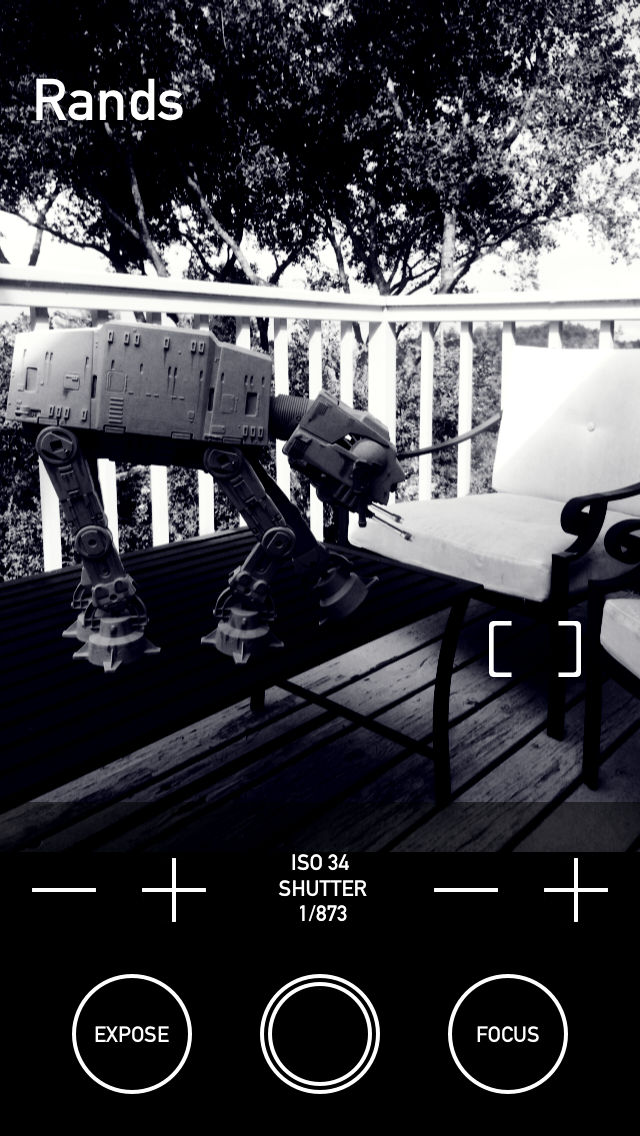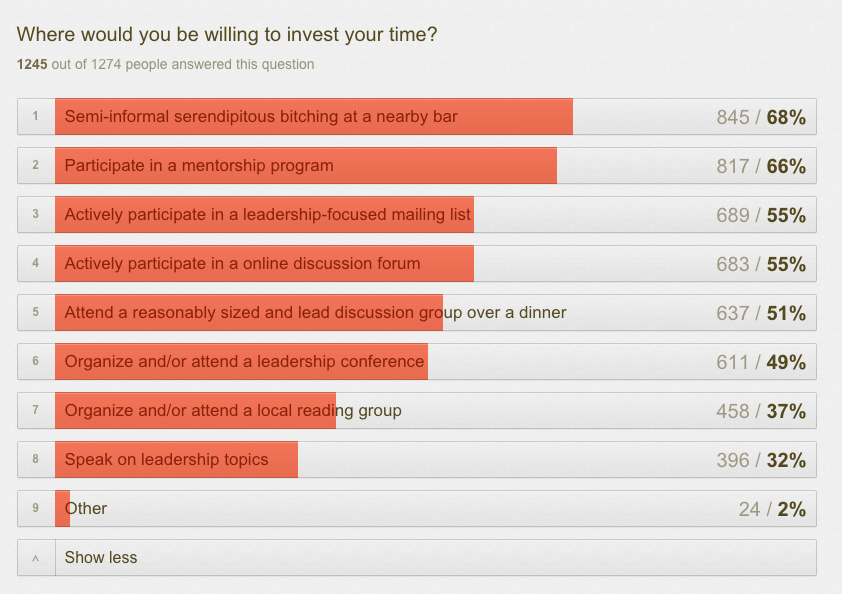“I’m worried about my coffee intake, but otherwise things are going great.”
Me over at TechCrunch:
There’s three models I’ve seen in the last decade. At Apple, engineering and design run the show. Those are the two big things, they’ve got some sort of leadership team but those are the two functions. It seems to be working well. The one I most recently saw is Palantir, which is famously mostly engineers. They run the show. There’s a design component as well, but what do you know about Palantir? What are they up to? They’re doing amazing things and it’s all amazing engineers.
But when you talk about a broad appeal service like us, you want a balance of those three folks. You want the engineers to have the voice of the technology. You want to have the designers who are the voice of the users, that handle the consistency, the beauty and the taste. And you have the product side — and this is a hard side — which is, what is the strategy, how does it all fit together. All the disciplines, technology, taste, strategy are all melded together.

